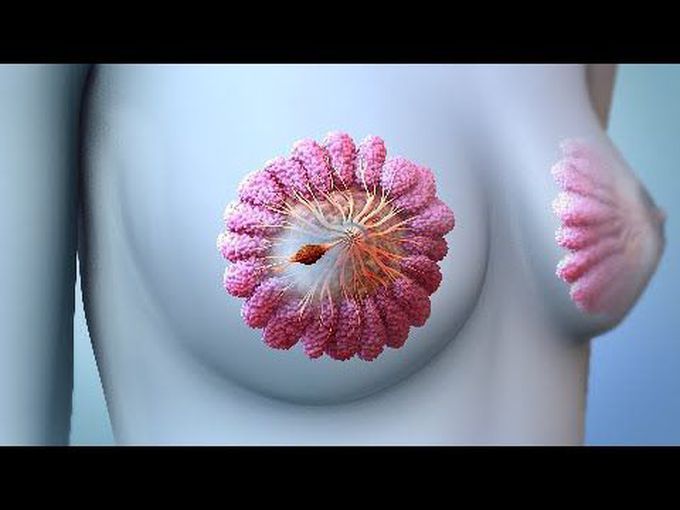


Managing Breast Cancer
This video is brought to you by the SMART Imagebase at http://ebsco.smartimagebase.com/managing-breast-cancer, a website where subscribers can download thousands of medical images and videos created by Nucleus Medical Media, including this one. The SMART Imagebase website contains over 24,000 items on anatomy, physiology, embryology, surgery, trauma, pathology, diseases, conditions and other topics. Students, educators and professionals use them in lectures, courses, presentations, professional training and more. To request more information on how your school or business can subscribe, please visit http://ebsco.smartimagebase.com/managing-breast-cancer #BreastCancer #TreatingBreastCancer #Cancer MEDICAL ANIMATION TRANSCRIPT: You or someone you care about may have been diagnosed with breast cancer. This video will help you understand how to manage it. Breast cancer is a type of cancer that begins in the cells of the breast. For many women, treatments for breast cancer may remove or destroy the cancer. Afterward, you should receive a follow-up care plan from your health care team. This includes going to follow-up appointments. Your doctor will want to make sure the cancer has not returned and check for health problems resulting from treatment. It's also important to get regular mammograms to check for breast cancer, as recommended by your doctor. If you are on any medications, continue to take them as prescribed by your doctor. Take note of any side effects, and tell your doctor. If you had breast surgery or other treatments, follow any instructions you were given. You may also need to make some of the following healthy lifestyle changes. Eat a healthy diet with more fruits, vegetables, beans, and whole grains. A healthy diet may reduce your risk of cancer or the chance of it coming back. It's also important for you to stay physically active. Moderate activities like walking, riding a bicycle, or swimming can help you feel better and less tired. Ask your doctor to recommend a physical therapist or exercise specialist that can help you design the right exercise plan for you and a nutritionist to help you design the right diet or food plan for you. Quitting smoking and limiting alcohol intake can help reduce your risk of cancer. Knowing you have cancer can be overwhelming. You may have worries about things like your condition and how it affects your family, treatments and hospital stays, medical bills, and your job. Fortunately, there are ways to cope with this. Remember that your doctor and health care team are there to answer any questions you have. Some of the following sources of support can help you cope with your concerns-- social workers, church leaders, counselors, and support groups. Talk to your doctor if you have any questions about your treatment plan, medications, or lifestyle changes to help you manage breast cancer. ANH15165

